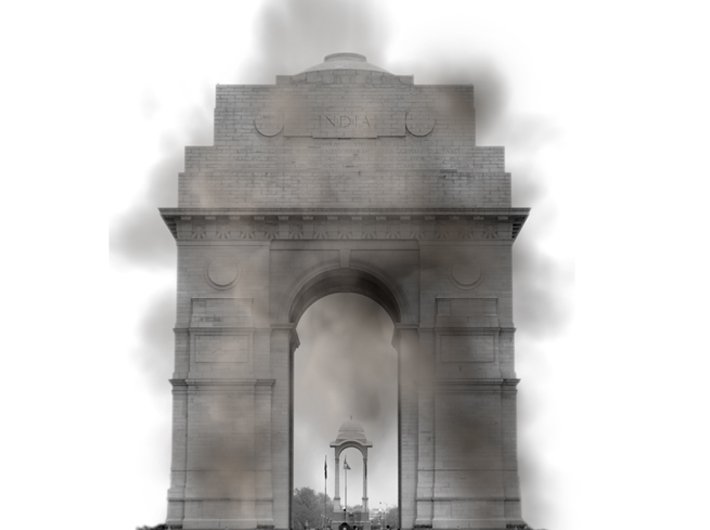In his justly praised speech at the World Economic Forum at Davos, prime minister Narendra Modi highlighted three among the numerous threats to our shared future: climate change, terrorism and protectionism (that is, economic barriers between nations).
Few would disagree with this diagnosis. Some may have three other and more urgent topics in mind; but Modi’s three themes would rightly figure in anybody’s top ten. Climate change is a reality, and the very existence of the human race is in grave danger. Terrorism is a monstrous menace. Protectionist barriers are coming in the way of globalisation and leading the world back to petty nationalisms.
The world would do well to heed to Modi’s call. Come to think of it, India too would do well to heed to his call. India’s track record on combating terrorism is on the whole not bad. On protectionism, other nations will point fingers at our own barriers, for example our gargantuan subsidy regime in agriculture. It is the third, countering climate change, which leaves much to be desired.
Modi, before becoming PM, even penned a book on the topic. On becoming PM, he changed the name of the environment ministry to also include ‘climate change’ – a move symbolic of his intent and agenda. Among his marquee initiatives, there are several – Namami Gange and a push for non-conventional energy, to name two – which aim to reverse all-round environmental degradation. On the whole, his intentions so far are worth applauding.
But, as usual, there’s daylight between intention and action – and in Delhi, his base, that daylight is murky and the air murderous. On the one hand, the nation wants to show the world the way to protect environment; on the other, its very capital is able to do plain nothing to counter heavily polluted air.
Namami Gange, a Rs 20,000 crore project to clean up the country’s prime river that is also the holiest to the Hindus, is going nowhere, according to the comptroller and auditor general’s report in January. Authorities are yet to draft even an action plan, to begin with. The list can go on; the fact is that India does not have a great track record when it comes to environment, and the Modi government has done little to change that.
Deep down, the reasons for the state of affairs are not difficult to find. There are two kinds of environmental challenges. One comes from poverty. A newly independent India, in its attempts to come out of poverty, had no option but to use its natural resources. Long-term aftereffects would be tackled in the long term, but first find ways to fill the bellies. That was how we got the temples of modern India – not only dams but also mining or diversion of land use. This is what Mahatma Gandhi had in mind when he said that there are enough natural resources for everybody’s need but not enough for anybody’s greed.
For this government or its predecessors, the choice between environmental conservation and industrial development remains a non-choice. Imagine that question in Uttarakhand with its climate-change hotspot Himalayas, but also lack of economic opportunities.
Returning to Namami Gange, the chief source of the river pollution is industrial effluents from tanneries and other units – the economic imperative.
The second kind is plain ignorant, if not callous, attitude towards environment, exacerbated by knotty governance structures and values. Modi, it was fervently hoped in 2014, would untie these knots and make the bureaucracy and its systems deliver what is so essential for people’s lives.
He can still make a beginning. He has got his bearing right, as he quoted the Ishopanishad, the Buddha and Gandhi in Davos to underline the significance of environmental action. Aparigrah, explained by Modi as ‘optimal use according to need’ of resources, is a forgotten but essential concept. Can he rejig the whole economy around it?
ashishm@governancenow.com
(The column appears in the February 15, 2018 issue)

